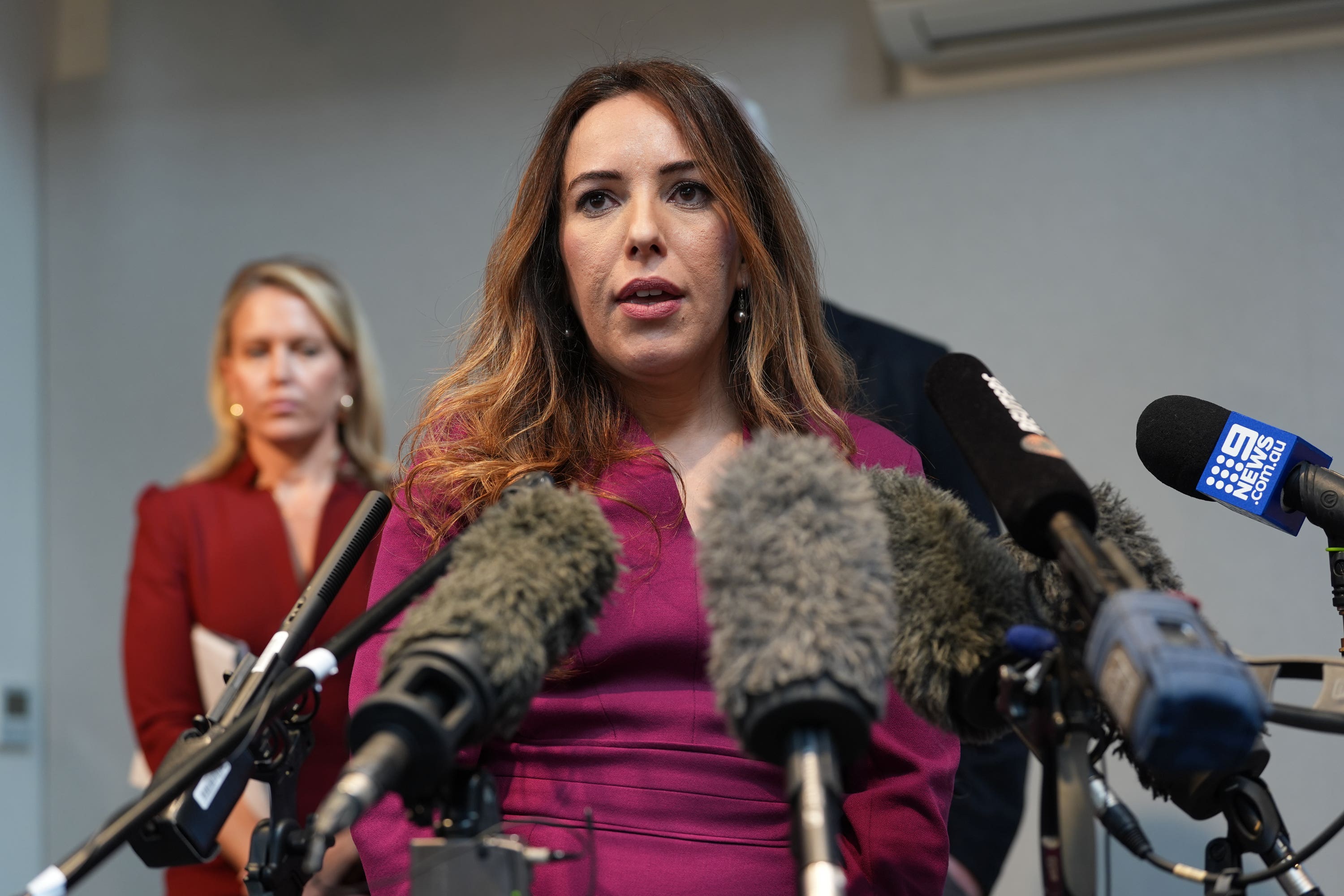Delay to Julian Assange’s appeal bid decision ‘utterly bizarre’, says his wife
Stella Assange said Tuesday’s High Court ruling showed the court was ‘tying itself in knots’.

Julian Assange’s wife has called judges’ decisions to delay their ruling over whether the WikiLeaks founder can bring a final UK appeal against extradition as “utterly bizarre” with the court “tying itself in knots”.
The Australian faces prosecution in the US over an alleged conspiracy to obtain and disclose national defence information following the publication of hundreds of thousands of leaked documents relating to the Afghanistan and Iraq wars.
During a two-day hearing in February, lawyers for the 52-year-old asked for the go-ahead to bring an appeal against his extradition.
In a judgment on Tuesday, Dame Victoria Sharp and Mr Justice Johnson dismissed most of Assange’s legal arguments but said unless assurances were given by the US, he would be able to bring an appeal on three grounds.
The judges said the US authorities had three weeks to give those assurances, with a final hearing potentially taking place in late May.
Following the ruling, Assange’s wife Stella Assange described the judgment delaying the final decision over the appeal bid as “astounding”.
Ms Assange later said: “I find the judgment utterly bizarre. As I said before, my impression is that the court is tying itself in knots.”
Speaking at a press conference, Ms Assange said the legal fight was “an unprecedented case” and that courts in the UK should have “thrown out” the case.
She added: “The case should have just been thrown out and Julian should not have spent a single day in prison.
I find the judgment utterly bizarre. As I said before, my impression is that the court is tying itself in knots
“The United States is bringing a case based on the persecution of a journalist for his political opinions.”
“The British courts should just have thrown out this case because it criminalises journalism,” she added. “That is the takeaway here.”
Earlier on Tuesday, Ms Assange branded her husband a “political prisoner” who is being “persecuted” for exposing the “true cost of war” and that the case against him was “shameful”.
In the 66-page ruling, judge Dame Victoria said “satisfactory assurances” would be needed that Assange would be protected by and allowed to rely on the First Amendment – which protects freedom of speech in the US – that he is not “prejudiced at trial” due to his nationality, and that the death penalty is not imposed.
Dozens of supporters gathered outside the Royal Courts of Justice in central London ahead of the judgment’s publication, including former Labour Party leader Jeremy Corbyn.
Mr Corbyn said Tuesday’s decision was “big step forward” for Assange’s case but that it is “not the victory” his supporters are looking for.
He continued: “Above all, the pressure has to be on the US administration to drop the charges against Julian Assange.
“He’s a brave journalist who tells the truth… if Julian goes down for that, then every serious journalist around the world is going to be feel a bit constrained, and that’s dangerous.”
And in a statement after the judgment, Michelle Stanistreet, general secretary of the National Union of Journalists, said the risks to Assange “remain stark”.
She said: “A temporary reprieve is clearly preferable to an extradition that would have taken place in the coming days.
“However, the conditionality around the grounds of appeal, which are contingent on the examination of US government assurances that he will not face the death penalty and has the right to free speech, mean the risks to Assange and press freedom remain stark.
“Assange’s prosecution by the US is for activities that are daily work for investigative journalists – finding sources with evidence of criminality and helping them to get their stories out into the world.
“If Assange is prosecuted, free expression the world over will be damaged.”
Bookmark popover
Removed from bookmarks